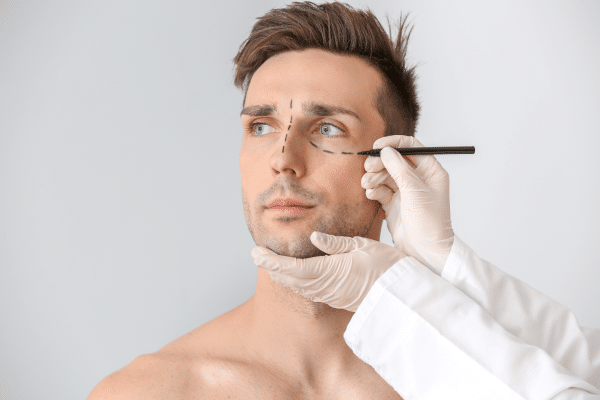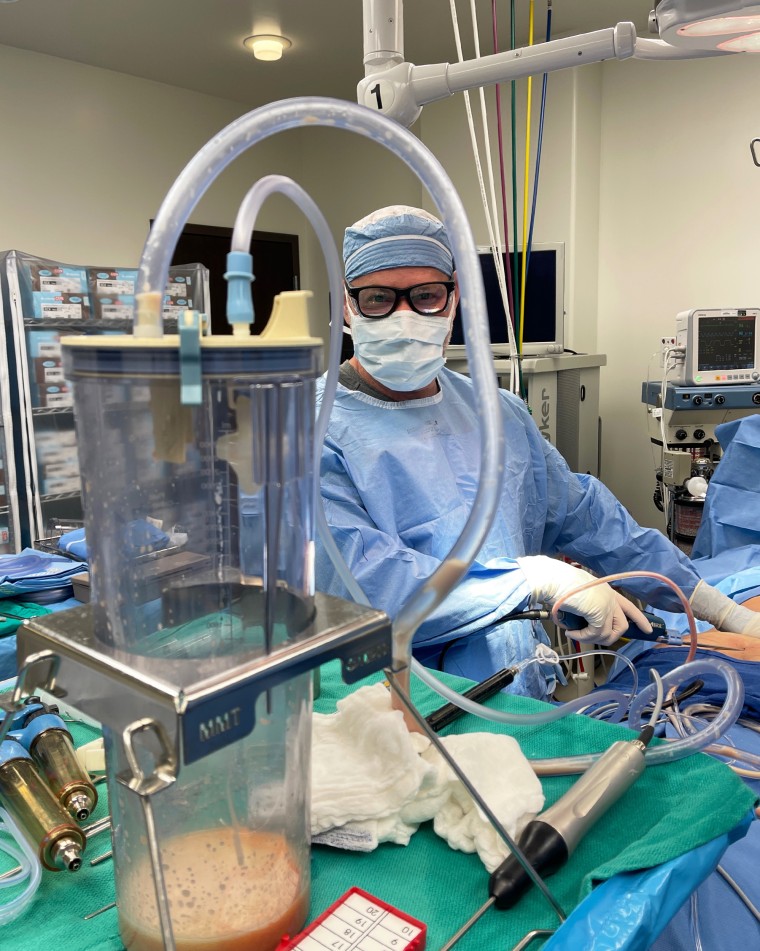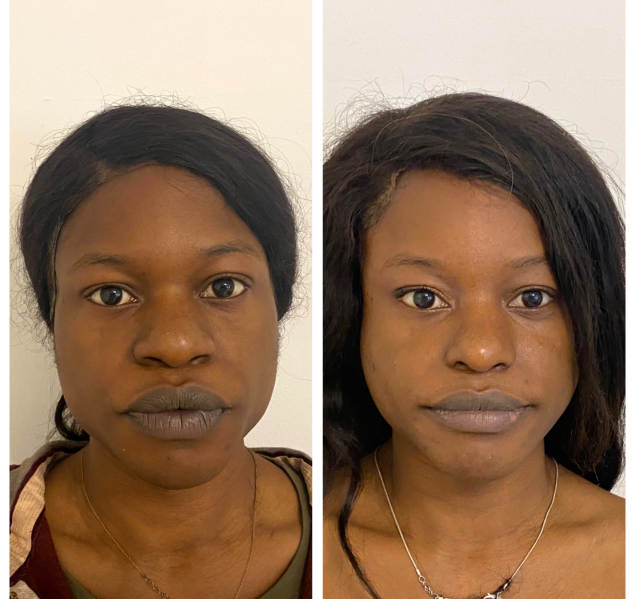Premier Plastic Surgery Seattle: Attain Your Visual Goals
Premier Plastic Surgery Seattle: Attain Your Visual Goals
Blog Article
A Deep Dive Into the Usual Validation for Seeking Aesthetic Surgery: Unpacking the Wish for Change and Self-Improvement
The inspirations behind the pursuit of plastic surgery extend past plain visual enhancement, mirroring a nuanced interplay of social assumptions, individual aspirations, and psychological aspects. As individuals progressively seek to align themselves with dominating charm criteria, it ends up being crucial to check out the underlying reasons that force them to make such considerable changes. The effect of media representations and individual narratives can not be forgotten, as they form understandings and needs in extensive ways. This evaluation triggers important inquiries about the honest implications and future trajectories of aesthetic procedures, inviting further exploration into the intricacies of self-improvement and identification.
Social Stress and Appeal Standards

The influence of these charm perfects can be profound, instilling a sense of inadequacy in those who do not adapt. Therefore, several might seek cosmetic surgery as a method of straightening their appearance with these social expectations. mommy makeover bellevue. This desire for conformity can come from a wide range of inspirations, consisting of the ambition for boosted social condition, improved charming leads, or enhanced expert possibilities
Additionally, these stress are not limited to details demographics; they affect individuals across numerous ages, sexes, and histories, highlighting the prevalent nature of elegance standards. This extensive impact increases essential concerns regarding the values of cosmetic surgical procedure and the ramifications of societal criteria on specific options. Ultimately, comprehending these stress is critical for fostering a much more inclusive interpretation of beauty that commemorates diversity.
Personal Experiences and Transformative Stories
Lots of people who undertake plastic surgery record transformative experiences that expand past mere physical changes. For several, these procedures serve as a stimulant for improved self-worth and a renewed feeling of identity. Individuals frequently define feeling liberated from enduring instabilities, bring about boosted confidence in both individual and expert worlds.
Take, for example, the tale of a young lady that went through boob job after years of feeling uncomfortable about her appearance. Post-surgery, she reported not only a newfound comfort in her body but additionally a significant enhancement in her social life and career possibilities. Similarly, a middle-aged male that selected to undergo a facelift shared how the treatment rejuvenated his expectation on life, triggering him to seek brand-new passions and connections.
These individual narratives emphasize the profound effect cosmetic surgery can have on individuals' lives. As they accept their transformed selves, several discover empowerment in their options, usually using their experiences to motivate others considering comparable trips. Inevitably, these transformative stories highlight the complex factors individuals look for cosmetic surgical treatment, linking individual development with the quest of visual enhancement.
Emotional Aspects Behind Aesthetic Surgical Procedure
Countless emotional variables add to the decision to undertake cosmetic surgical treatment, reflecting much deeper psychological and psychological health factors to consider. People often go after medical enhancements as a way to deal with feelings of insufficiency, low self-esteem, or dissatisfaction with their look. These emotional inspirations can be rooted in past experiences, social contrasts, or individual ambitions.
Body image distortion is a common issue, where people view their physical features in an exaggeratedly unfavorable light. This distortion can result in obsessive thoughts concerning regarded flaws, prompting the need for medical modification as a solution - mommy makeover bellevue. In addition, the quest of excellence and societal stress can amplify these feelings, pushing people towards aesthetic treatments in hopes of achieving an idyllic version of themselves
In addition, the idea of self-improvement plays a crucial function. Numerous people view cosmetic surgical procedure as a pathway to improve their quality of life, believing that boosted look will lead to increased social acceptance, far better connections, or improved occupation he has a good point opportunities. Eventually, the psychological elements behind cosmetic surgery emphasize the complicated interplay between private self-perception and external influences, disclosing the diverse nature of the wish for modification.

The Duty of Media in Assumption
In today's culture, media plays a crucial function in shaping assumptions of charm and self-respect. Through various platforms-- social media sites, television, and advertising-- idyllic criteria of beauty are often disseminated, influencing individual ambitions and self-image. These representations regularly stress slim definitions of beauty, predominantly featuring younger, slim, and electronically boosted photos, which can produce impractical benchmarks for people aiming to adapt.
The effect of media is further worsened by the prevalent nature of social networks, where customers are pounded with curated web content that highlights aesthetic improvements, recommending a culture of comparison. This consistent exposure can lead to sensations of inadequacy among viewers, triggering them to take into consideration cosmetic surgical treatment as a method of achieving the regarded perfect. Research study suggests that individuals who involve with these media representations are most likely to share dissatisfaction with their appearance, enhancing the desire for surgical treatments.
Moreover, the normalization of cosmetic surgical treatment in media narratives can her latest blog desensitize audiences, framing such procedures as commonplace and even essential for social acceptance. Thus, the media's portrayal of charm not just influences specific selections relating to plastic surgery but additionally adds to a more comprehensive societal dialogue regarding self-respect and identification.
Future trends and moral considerations
In the middle of the growing popularity of cosmetic surgical treatment, ethical considerations surrounding the technique have come to be increasingly popular. As the need for procedures climbs, so too do problems concerning informed authorization, the emotional motivations of people, and the potential for exploitation by doctors. It is critical for experts to make certain that individuals fully understand the advantages and dangers, as well as the implications of their selections, to foster an accountable method to cosmetic enhancements.
Moreover, the influence of social their website networks and charm requirements increases inquiries concerning the effect on psychological wellness, particularly among prone populations. As recognition of body picture problems expands, honest technique necessitates a careful examination of the motivations behind medical interventions. Doctors should stabilize person needs with ethical responsibility, making sure that decisions are rooted in genuine self-improvement instead of social stress.

Verdict
Finally, the search of plastic surgery is influenced by a confluence of social pressures, individual experiences, and mental variables. The wish for positioning with prevailing charm requirements, paired with the potential for transformative end results, highlights the complicated motivations driving people toward these treatments. Moreover, the role of media in shaping understandings of elegance can not be underrated. As ethical considerations progress, future patterns in plastic surgery will likely show ongoing societal dialogues bordering self-improvement and private identity.
Frequently, societal stress and dominating charm standards play a significant duty in people' choices to pursue cosmetic surgical treatment. Ultimately, these transformative tales highlight the multifaceted factors people seek cosmetic surgical procedure, linking personal growth with the pursuit of visual improvement.
Many individuals view cosmetic surgical procedure as a path to improve their quality of life, believing that enhanced appearance will lead to increased social acceptance, better relationships, or improved occupation chances. Ultimately, the emotional elements behind cosmetic surgical treatment underscore the complicated interplay between individual self-perception and exterior influences, exposing the complex nature of the desire for adjustment.
As moral considerations advance, future patterns in cosmetic surgical procedure will likely reflect ongoing societal discussions bordering self-improvement and private identification.
Report this page